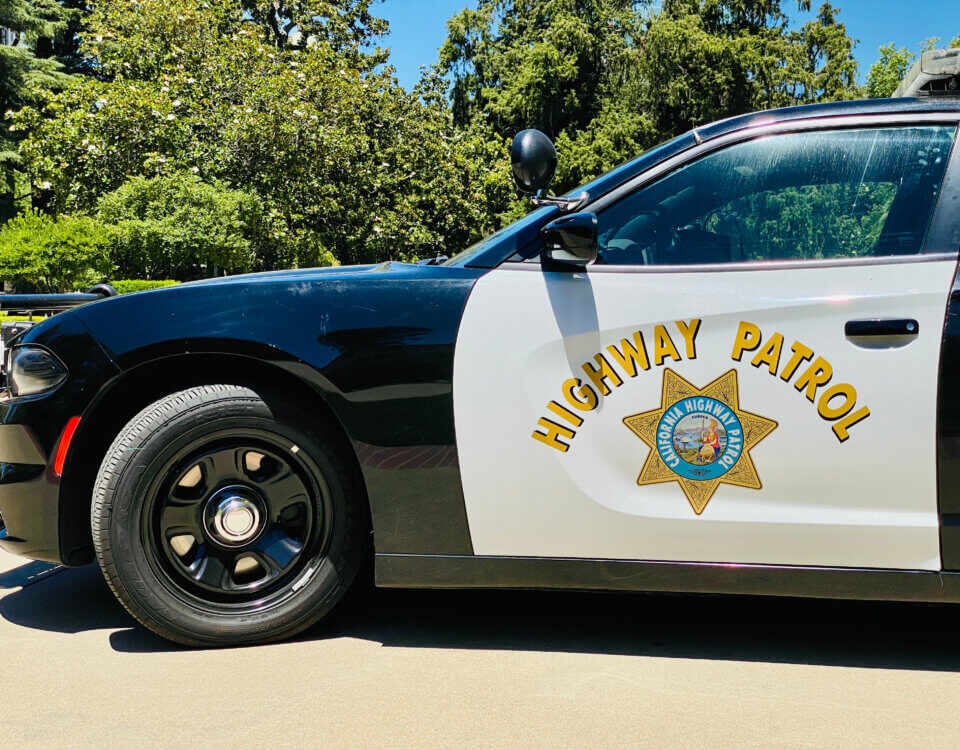Recovering from a car accident isn’t just about repairing your vehicle it’s about restoring your health, mobility, and peace of mind. Car accident rehabilitation is often a vital part of this process, helping victims heal physically and emotionally after a crash.
If you’re unsure about what to expect, you’re not alone. At Hillstone Law, we understand the challenges accident victims face, and we’re here to provide clarity. Below, we answer 10 of the most common questions about car accident rehabilitation so you can better navigate your recovery journey.
📌 RELATED READ: [5 Ways to Find the Best California Vehicle Accident Lawyers Near Me]
1. What Is Car Accident Rehabilitation?
Car accident rehabilitation refers to the treatments and therapies designed to help you recover from injuries. This may include:
- Physical therapy to restore strength and mobility
- Chiropractic care for spine alignment and pain relief
- Massage therapy to ease muscle tension
- Pain management through medication or alternative treatments
- Psychological counseling to address trauma and anxiety
The goal is to help you heal as fully as possible physically, mentally, and emotionally.
2. Why Is Rehabilitation Needed After a Car Accident?
Rehabilitation speeds up recovery, reduces pain, and prevents long-term complications. Conditions like whiplash or back injuries can worsen without proper care. Rehabilitation also strengthens your personal injury claim, as your treatment records demonstrate the seriousness of your injuries and support your right to fair compensation.
3. How Long Does Rehabilitation Take?
The length of rehabilitation depends on the severity of your injuries.
- Minor injuries: A few weeks of therapy
- Moderate to severe injuries: Several months or longer
- Catastrophic injuries: Ongoing, possibly lifelong care
Consistency is key. Attending all sessions and following medical advice not only improves recovery but also strengthens your legal case.
4. What Types of Rehabilitation Are Available?
Car accident rehabilitation often involves a combination of therapies, such as:
- Physical Therapy – Improves strength, flexibility, and balance
- Chiropractic Care – Treats spinal injuries and alignment issues
- Massage Therapy – Promotes circulation and reduces pain
- Pain Management – Includes injections, medication, or alternative treatments
- Mental Health Counseling – Addresses emotional trauma and PTSD
Your treatment plan will be customized to your injuries and recovery needs.
5. How Do I Choose the Right Rehabilitation Facility?
Select a facility with:
- Qualified, experienced medical staff
- Positive patient reviews
- Specialized treatment for accident injuries
- Acceptance of your insurance coverage
- Comprehensive care programs (such as CORFs Comprehensive Outpatient Rehabilitation Facilities)
Your attorney can also help guide you to reputable facilities.
6. What Are the Signs You Need Extended Rehabilitation?
You may need additional care if:
- Pain continues beyond the expected timeline
- Mobility remains limited despite therapy
- Psychological symptoms like anxiety or depression persist
If you notice these signs, talk to your healthcare provider about extending or adjusting your treatment.
7. Can I Start Rehabilitation While Still in Pain?
Yes. Rehabilitation often begins even if you’re experiencing pain. Therapists design safe, gradual exercises to promote healing and prevent complications like stiffness or muscle atrophy. Early rehabilitation also reduces the risk of developing chronic pain.
8. Does Rehabilitation Include Psychological Support?
Absolutely. Many accident victims suffer from anxiety, depression, or post-traumatic stress. Counseling can help you process trauma, regain confidence, and develop healthy coping strategies making it just as important as physical recovery.
9. Can Rehabilitation Prevent Future Injuries?
Yes. Rehabilitation isn’t only about recovery; it also helps prevent future injuries. Therapists teach proper posture, safe movement techniques, and exercises that strengthen vulnerable areas, reducing the risk of reinjury.
10. Will My Insurance Cover Rehabilitation?
Most insurance policies cover rehabilitation after an accident, but coverage depends on your policy. Some insurers limit the number of sessions or types of therapies covered. If your insurance delays or denies coverage, an attorney can help you fight for the benefits you deserve.
How Hillstone Law Can Help
Recovering from a car accident is never easy. Between medical treatments, insurance disputes, and financial stress, the process can feel overwhelming. That’s where Hillstone Law comes in.
Our attorneys help clients:
- Navigate insurance claims for rehabilitation coverage
- Ensure medical documentation fully supports your case
- Negotiate aggressively for maximum compensation
- Connect with trusted doctors and rehabilitation facilities
We handle the legal stress so you can focus on healing.






